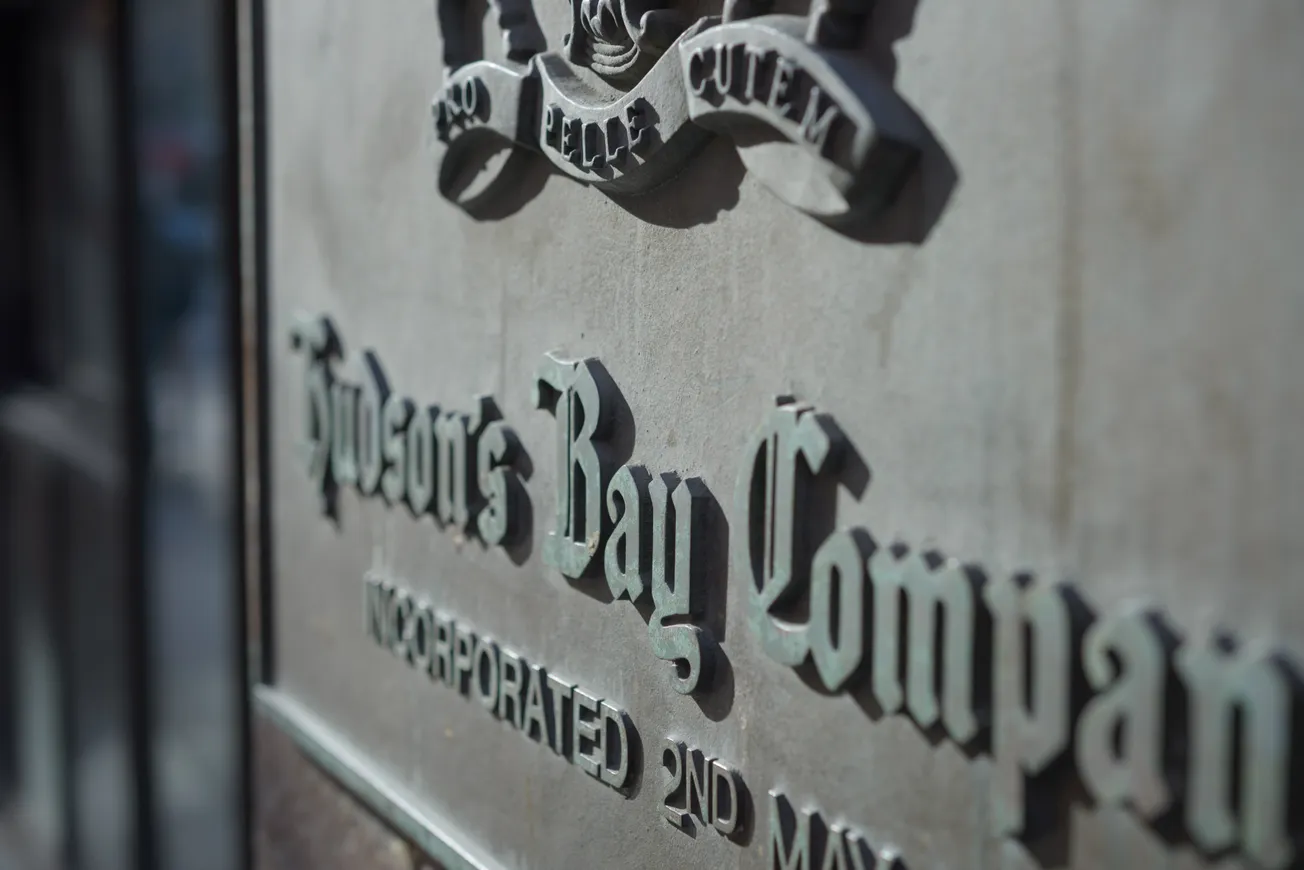Female executives in retailers are leaving their posts faster than they’re being replaced, according to industry research.
Over 80% of the retail customer base are women, but that demographic isn’t mirrored in upper-level management among retailers. And the trend isn’t moving in a favorable direction for women, according to research from LeanIn.com and McKinsey.
These senior-level women are exiting companies at the highest rates in years, with two women leaving director roles for every one promoted.
The recent trend of high-profile female CEOs departing from their positions in the retail sector, such as Helena Helmersson of H&M, Rosalind Brewer of Walgreens, and Susan Wojcicki of YouTube, underscores a broader issue of women leaving corporate leadership roles.
The issue becomes even more pronounced when considering racial and ethnic diversity, as only one in 20 C-suite leaders is a woman of color, according to the report.
Key factors contributing to this trend include systemic biases against women in leadership, starting with venture capital funding. Women startup founders receive only 2% of venture dollars, a statistic attributed to venture capitalists' tendency to invest in familiar territories, which often do not include women-led initiatives. This bias extends to corporate leadership recruitment, where men are frequently considered the "safer" choice due to existing networks and perceptions.
Moreover, the "broken rung" phenomenon, where fewer women are promoted internally to management roles, exacerbates the issue. The challenge is particularly acute for women who are part of the "sandwich generation," juggling caregiving responsibilities for both children and parents, leading hiring decision-makers to question their commitment levels.
Once in executive roles, women face additional hurdles. They often contend with higher standards and less patience from boards, which can lead to shorter tenures and unplanned exits.
Women CEOs often experience less autonomy, with reports of needing to seek permission for decisions more frequently than their male counterparts, contributing to a frustrating work environment that can prompt some to leave.
Walmart has implemented initiatives aimed at increasing diversity and inclusion across its leadership teams, including promoting women within its ranks. Despite these efforts, the retail giant has acknowledged the ongoing challenges in achieving parity, especially in senior leadership roles.
Notably, Sam's Club, under the leadership of Kathryn McLay, represents progress on that front, demonstrating the potential for women to hold top positions within significant retail operations. However, McLay's role is more an exception than the norm across the industry.
Mentorship, flexible work policies, and initiatives like the Rooney Rule (a National Football League policy which ensures a diverse set of candidates are considered for every role), are cited as developments that could make C-suites more welcoming to women.
Stay up to date on the latest Omnichannel news by Subscribing to Our Newsletter








